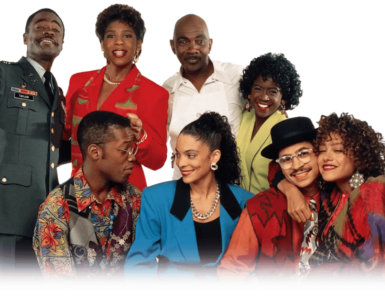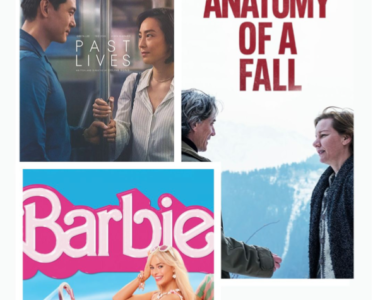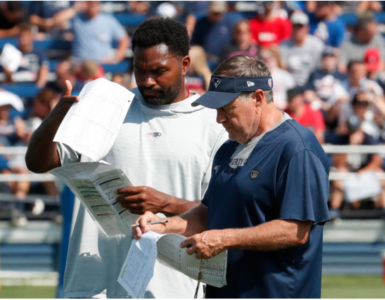 [Karin Lett/101]
[Karin Lett/101]
Rahshana Lester, 20-year-old college student, and self-proclaimed book-to-movie critic, applies
the finishing touches to her long textured hairstyle that she calls the “Katniss
braid.”-
She grabs her bag then pauses, returning to her computer desk to retrieve a printed movie ticket for tonight’s
9:50 screening of “The Hunger Games.”
Filmgoers like Lester walk into theaters with feelings of prestige. Long before the wide-eyed movie patrons
sitting in the row behind them were aware that the story on the screen even existed, they knew it all too well. The Lesters of the film world watch not only for entertainment, but also to deem whether the movie lives up to the
expectations set in the book. That’s true loyalty.
For Lester, the cinematic quality of “The Hunger Games” is enticing and the transition of futuristic America, Panem, from
book to screen is suitable. While the movie brings much to life, the avid
reader still leaves the movie saying, “The book was better!”
“The Hunger Games”- grossed $152.5 million its opening weekend, making it Lionsgate’s
#1 movie of all time, according to BoxOffice Media. It is the #1 non-sequel
movie to rank this highly at the box office, coming in third to “Harry Potter and
the Deathly Hollows Part Two” and “The Dark Knight” for the most successful
opening weekend ever.
With two more books in its trilogy written by Suzanne Collins, “The Hunger Games” is
expected to break even more records because of its growing fan-base and the
avid readers who’ve finished “Catching Fire” and “Mockingjay” well before their
scheduled release dates next year.
What do Suzanne Collins, Stephenie
Meyer, J.K Rowling all have in common?
Success.
While “The Hunger Games” and “The Twilight Saga” continue, Rowling’s brainchild Harry
Potter and his wizardry expanded into several books and eight films that grossed
approximately $6.37 billion at the box office. The film’s success exceeded the
average merchandising value as far as a full attraction at Disneyland. The
books alone sold more than 450 million copies.
“I think the excitement comes more from the book and less from the actors,” Lester
says about reading before going to the theater, “it can all be really disappointing
if they don’t do it right.”
Lisa Schwarzbaum, film critic for Entertainment Weekly, had this to say about “The
Hunger Games”– “as Katniss struggles mightily to save her own life…[the film] doesn’t
match the psychological tension on the page…the movie shows how, but the book
shows why.”
The African-American actors cast to play three lead roles in “The Hunger Games”
faced scrutiny from readers who overlooked Collins descriptions of the black
characters, Rue and Thresh, while Lenny Kravitz was cast as mentor Cinna. Racial
slurs were unleashed via Twitter, personal blogs and Facebook accounts
protesting the African-American presence in the film.
“That’s the problem with reading before watching—not everyone can actually read,”
Lester insists.
The Oscar gold “Lord of The Rings” trilogy, “Harry Potter,” “Twilight” and now “The
Hunger Games” are the most apparent successes in the book-to-film phenomenon,
even though an average of 30 films a year are based on books and growing.
“I admit I camped out to see the last ‘Harry Potter’ film, I cried when it was
over.” sophomore Blair Crosby said.
Films based on novels have lots of visually pleasing moments. They bring the most
vivid scenes—with a reasonably large budget—to life and put faces and
personality into the characters readers admired in the book. It allows them the
satisfaction of murmuring, “Oh that’s what they look like!”
Several film studios, Universal and Focus features winning rights to E.L James trilogy “50
Shades of Grey,”which started out as “Twilight” fan-fiction and quickly developed into an adult
erotica far from the young adult book-to-movie hits.
The bid earned E.L James $5 million from the movie studios without the first film
even at its beginning stages.
A lot is to be desired for writers aspiring to take on Hollywood and see their novel on the big
screen, and the movie studios are more open than ever to attract a fan base
like no other—the readers. The film and book industry work hand in hand, while
promoting films and book simultaneously. Hope is alive for readers, writers,
actors and directors to be equally pleased.









Recent Comments